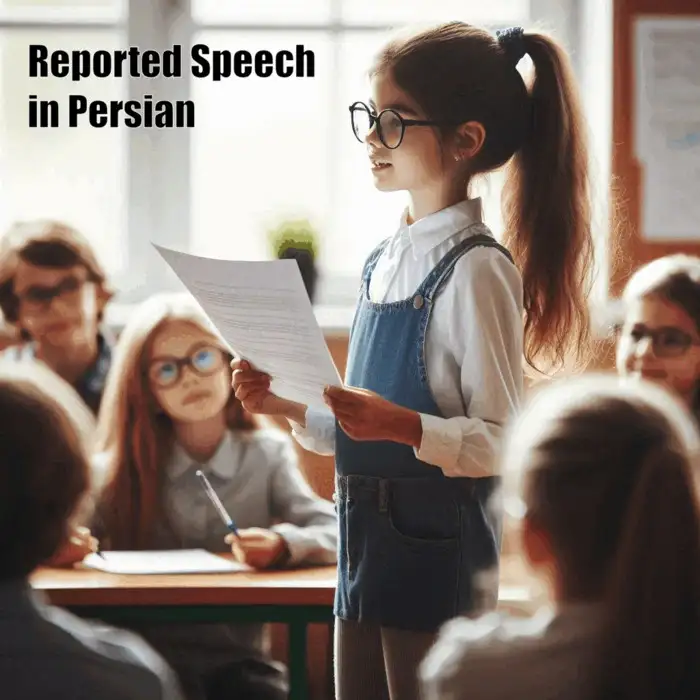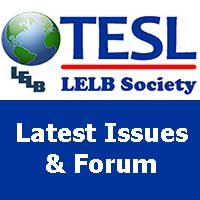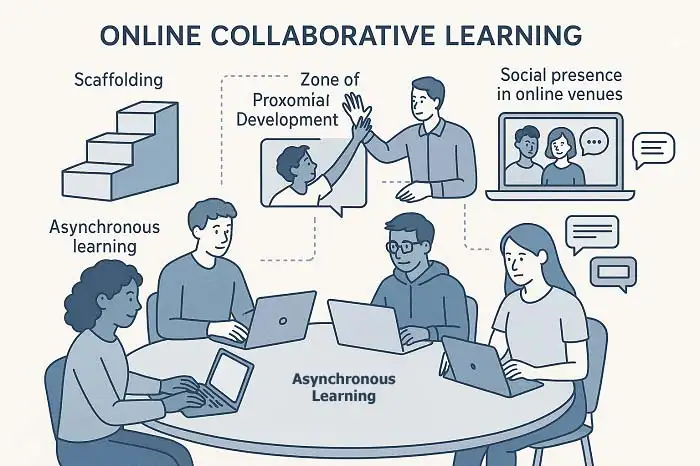Interlanguage
Interlanguage
Selinker coined this term to refer to the special mental grammars that learners construct during the course of their development. This theory credited learners with playing an active role in constructing mental grammars. Second language learners tend to go through a systematic or quasi-systematic developmental process as they progress to full competence in the target language. Successful development is partially a factor of utilizing feedback from others. Teachers in language classrooms can provide such feedback, but more important, can help learners to generate their own feedback outside of the language classroom.

Learners must necessarily go through a developmental or quasi-developmental process on their way to native-speaker competence. Interlanguage is a fairly natural way. That is to say, learners are not totally aware of this process happening to them.



